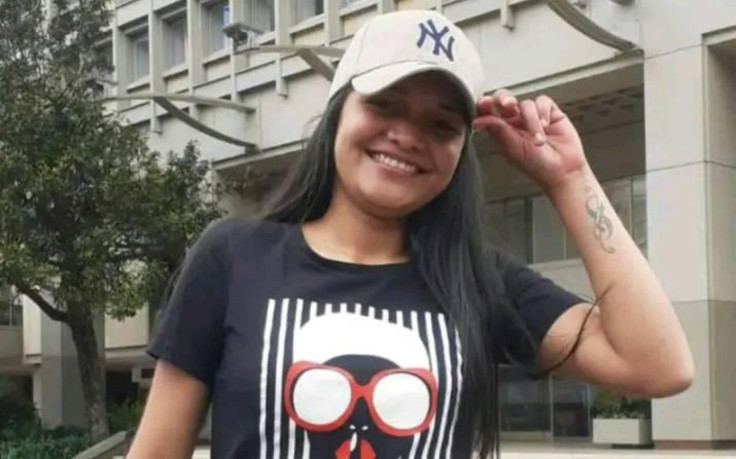
The body of a 21-year-old Venezuelan migrant who was fatally shot in a road rage incident in Texas was used by a university for medical training and research despite the victim's family's efforts to repatriate her home for a physical burial, NBC news revealed.
Her case, according to the investigation, was neither an isolated incident nor a mistake. Over 1,000 deceased individuals whose bodies went unclaimed were similarly used for lucrative biotechnology research and training under questionable circumstances, often without the consent of their families.
Aurimar Iturriago Villegas arrived in the United States in September 2022 after a perilous journey through the Darién Gap, Central America, and Mexico. The Venezuelan migrant quickly found a cleaning job in Florida, aiming to support her family back home, according to her mother, Arelis Coromoto Villegas.
Two months later, while visiting her friend Alexis Moreno in Dallas, the young migrant was tragically killed, shot in the head during a road rage incident. Moreno notified Aurimar's sister about the death and provided authorities with her family's contact information.
NBC later confirmed the Dallas County Medical Examiner's Office had filed her mother's contact information, but did not reach out before declaring Aurimar's body unclaimed.
Her body was then donated to the University of North Texas Health Science Center by Moreno, who falsely claimed he had authorization to do so. The university dissected, studied, and used parts of Aurimar's body for medical training and biotech research, also leasing it to companies without consent.
According to NBC, the Health Science Center generated $2.5 million annually through donation agreements with local counties, which, in turn, saved hundreds of thousands of dollars on cremation and burial expenses.
After the investigation came to light, the university suspended its body donation program and fired responsible officials, claiming it was unaware of the use of unclaimed bodies.
The practice of using unclaimed bodies for scientific purposes, while questionable, is reportedly legal in Texas. Per the investigation, most of the deceased individuals used for research suffered from homelessness, opioid addiction, and family estrangement.
However, Aurimar did not fit in any of those categories. Her cremated remains were eventually buried in an unmarked pauper's grave in Dallas, inaccessible to her family.
© 2025 Latin Times. All rights reserved. Do not reproduce without permission.





